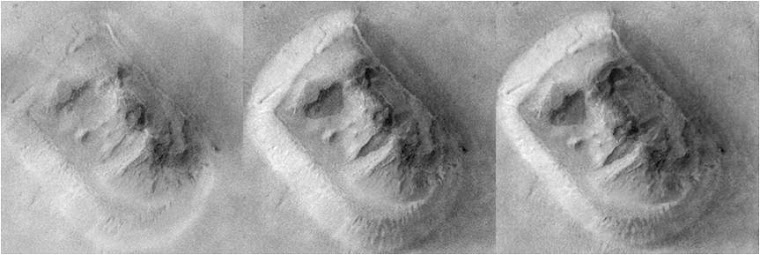From The Sunday Times
August 10, 2008
Science close to unveiling invisible man
Jonathan Leake, Science Editor
INVISIBILITY devices, long the realm of science fiction and fantasy, have moved closer after scientists engineered a material that can bend visible light around objects.
The breakthrough could lead to systems for rendering anything from people to large objects, such as tanks and ships, invisible to the eye – although this is still years off.
Researchers at the University of California at Berkeley, whose work is funded by the American military, have engineered materials that can control light’s direction of travel. The world’s two leading scientific journals, Science and Nature, are expected to report the results this week.
It follows earlier work at Imperial College London that achieved similar results with microwaves. Like light, these are a form of electromagnetic radiation but their longer wave-length makes them far easier to manipulate. Achieving the same effect with visible light is a big advance.
Underlying the work is the idea that bending visible light around an object will hide it.
Xiang Zhang, the leader of the researchers, said: “In the case of invisibility cloaks or shields, the material would need to curve light waves completely around the object like a river flowing around a rock.” An observer looking at the cloaked object would then see light from behind it – making it seem to disappear.
Substances capable of achieving such feats are known as “meta-materials” and have the power to “grab” electromagnetic radiation and deflect it smoothly. No such material occurs naturally and it is only in the past few years that nano-scale engineering, manipulating matter at the level of atoms and molecules, has advanced sufficiently to give scientists the chance to create them.
The tiny scale at which such researchers must operate is astonishing in itself. Zhang’s researchers had to construct a material whose elements were engineered to within about 0.00000066 of a metre.
The military funding that Zhang has won for his research shows what kind of applications it might be used for, ushering in a new age of stealth technology.
Sunday, August 10, 2008
Subscribe to:
Post Comments (Atom)

No comments:
Post a Comment